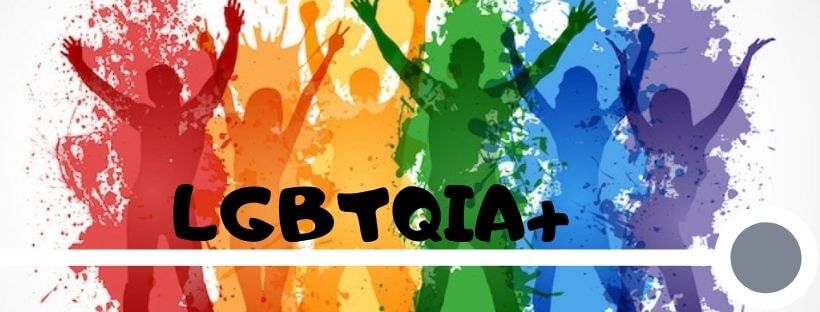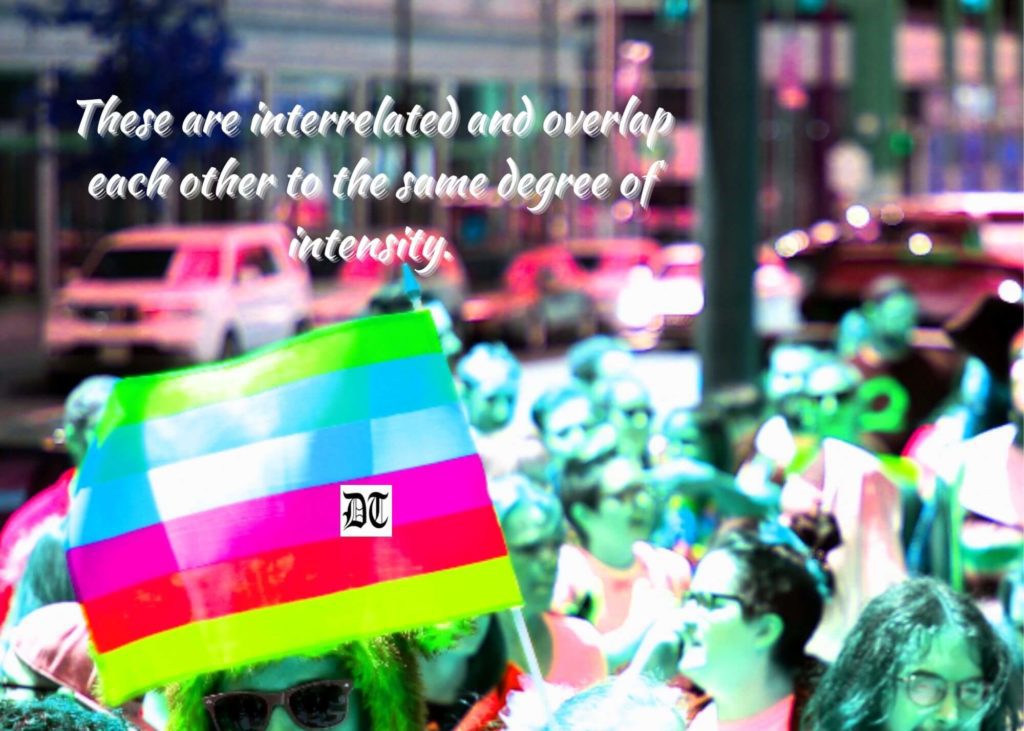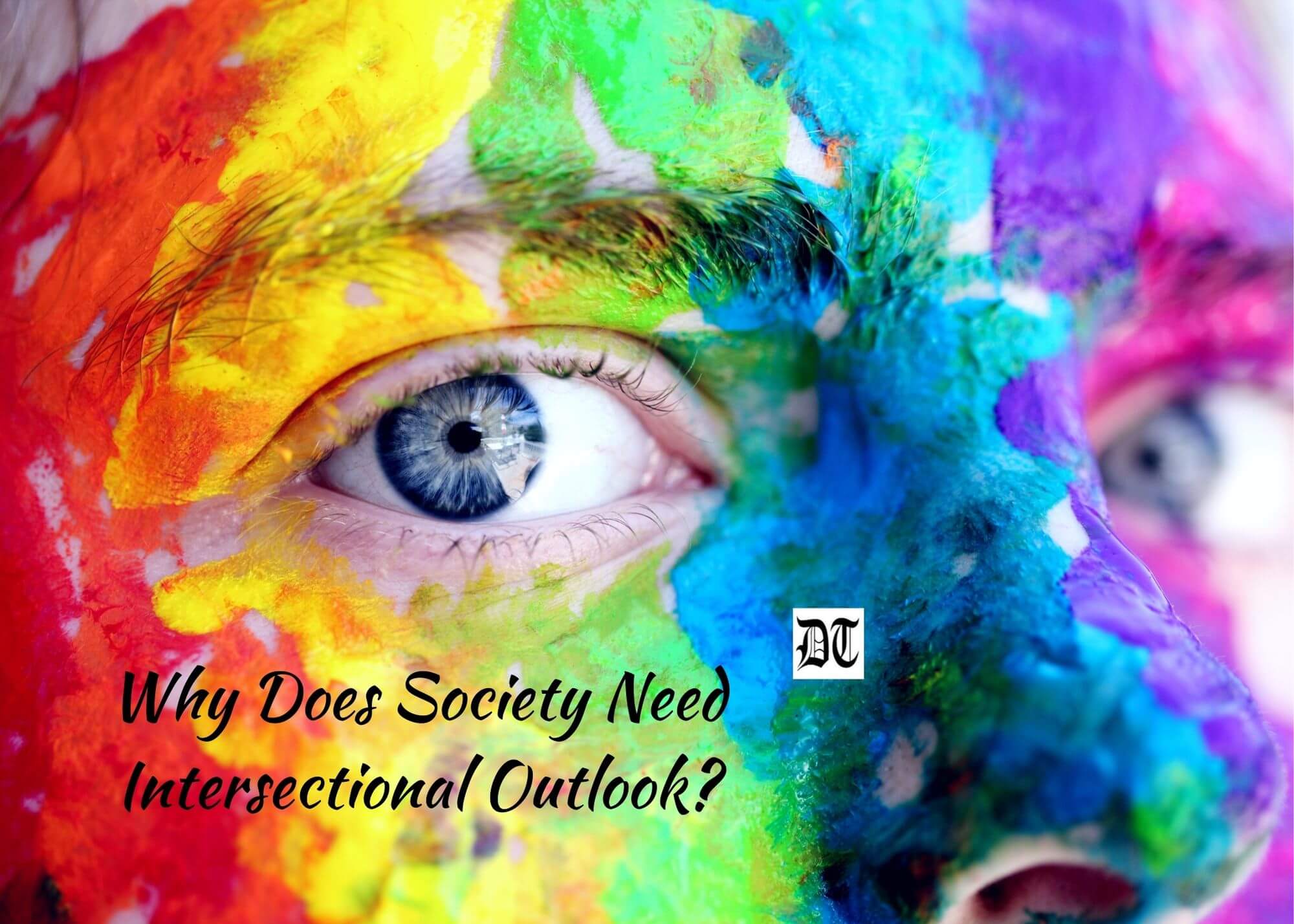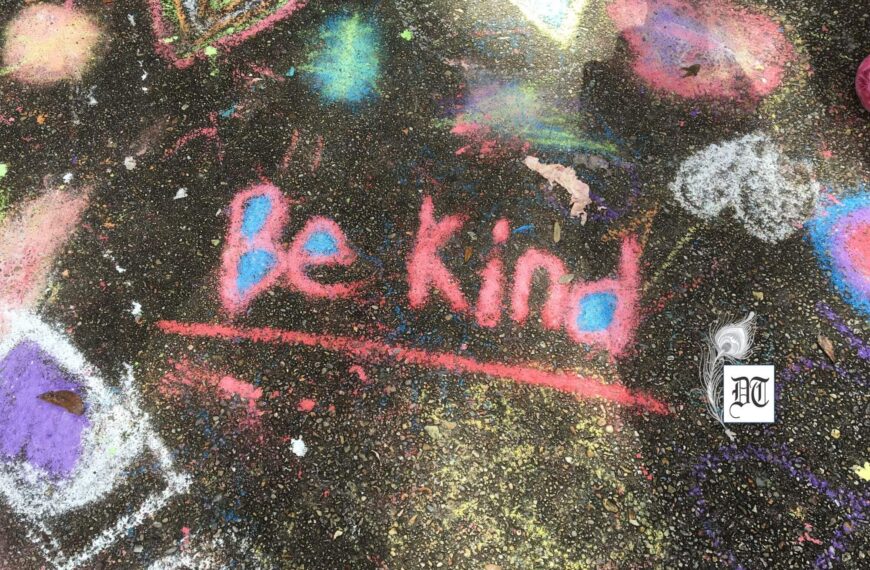To overcome taboo, society needs to develop an intersectional outlook toward the LGBTQIA+ community, the marginalised gender, asserts Shormita. An exclusive for Different Truths.

In the social structure of humankind, people who have made different choices in their gender identity have faced stigmatisation. The heterosexual set of people do not know to process the existence of these divergent gender identities present in the society. This is the reason why LGBTQIA+ people are looked down upon within the binary structure.
Therefore, to overcome this taboo-like situation, society needs to develop an intersectional outlook towards the marginalised gender. Now, the question arises: what is this intersectional approach? It is a way of thinking to co-relate the intersectional factors that include class, caste, gender, sex, color, creed, religion, bodily autonomy, etc. exists under a single umbrella.
… what is this intersectional approach?
Legal Term
This term was introduced by Crenshaw Kimberle, as a legal term, in 1989. According to her, it is a kind of feminism that is needed in society to support the legal rights of a woman. Later, the third-wave feminists and fourth-wave feminists have interlinked this approach with the rights of LGBTQIA+ people.
The trans-feminists like Emi Koyama and Krista Scott Dixon support the need to develop an intersectional outlook in society.
The trans-feminists like Emi Koyama and Krista Scott Dixon support the need to develop an intersectional outlook in society. This will surely help to regain the lost identities of this marginalised group of people. The idea of equality for LGBTQIA+ people rely on the intersectional approach.
For instance, a gay man or a lesbian woman has to undergo the problem of homophobia. A black lesbian woman has to face color discrimination and homophobia, a doubly suppressive situation. A transwoman has to face the problem of gender discrimination in a gender binary structure. All these problems observed above can be seen under the umbrella of intersectional issues.
Interrelated and Overlapping
These are interrelated and overlap each other to the same degree of intensity. Thus, if society develops an intersectional outlook to analyse their problems, then to a great extent, we can avoid such awful situations in society.
… the idea of the intersectional approach is to study the ‘layers of oppression’ based on class, gender, sex, color, caste, creed, religion, and bodily autonomy.
Hence, it is significant to observe that the idea of the intersectional approach is to study the ‘layers of oppression’ based on class, gender, sex, color, caste, creed, religion, and bodily autonomy. These factors can be intersectional social identities that can be independent, empowering, and suppressing too. Hence, one of the principal tools of third-wave feminists and fourth-wave feminism is based upon the intersectionality approach.
Crenshaw Kimberle explains the need for ‘intersectional feminism’ or intersectional approach in the battle of marginalisation. It will unite the voices of those people who are suffering from any kind of inequalities and oppression. Therefore, the need for intersectionality is necessary for every suppressed individual present in society. It is the need of the hour for a cisgender woman, transgender, lesbian, gay, bisexual, or asexual people.

The intersectional outlook will eventually fight the impact of crises like situations in society.
The intersectional outlook will eventually fight the impact of crises like situations in society. Also, it will fight the injustice being done to the suppressed class of people. Lastly, it will help to build a better, stronger, and equal society for all. Ultimately, society will move out from all taboo-based issues and develop into an LGBTQIA+ inclusive society. This will prove to be a holistic development in the social structure of the society in the coming times.
Visuals by Different Truths





 By
By


 By
By